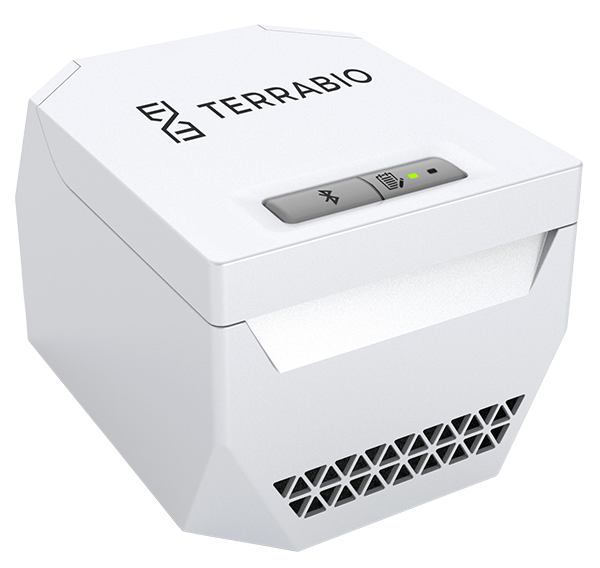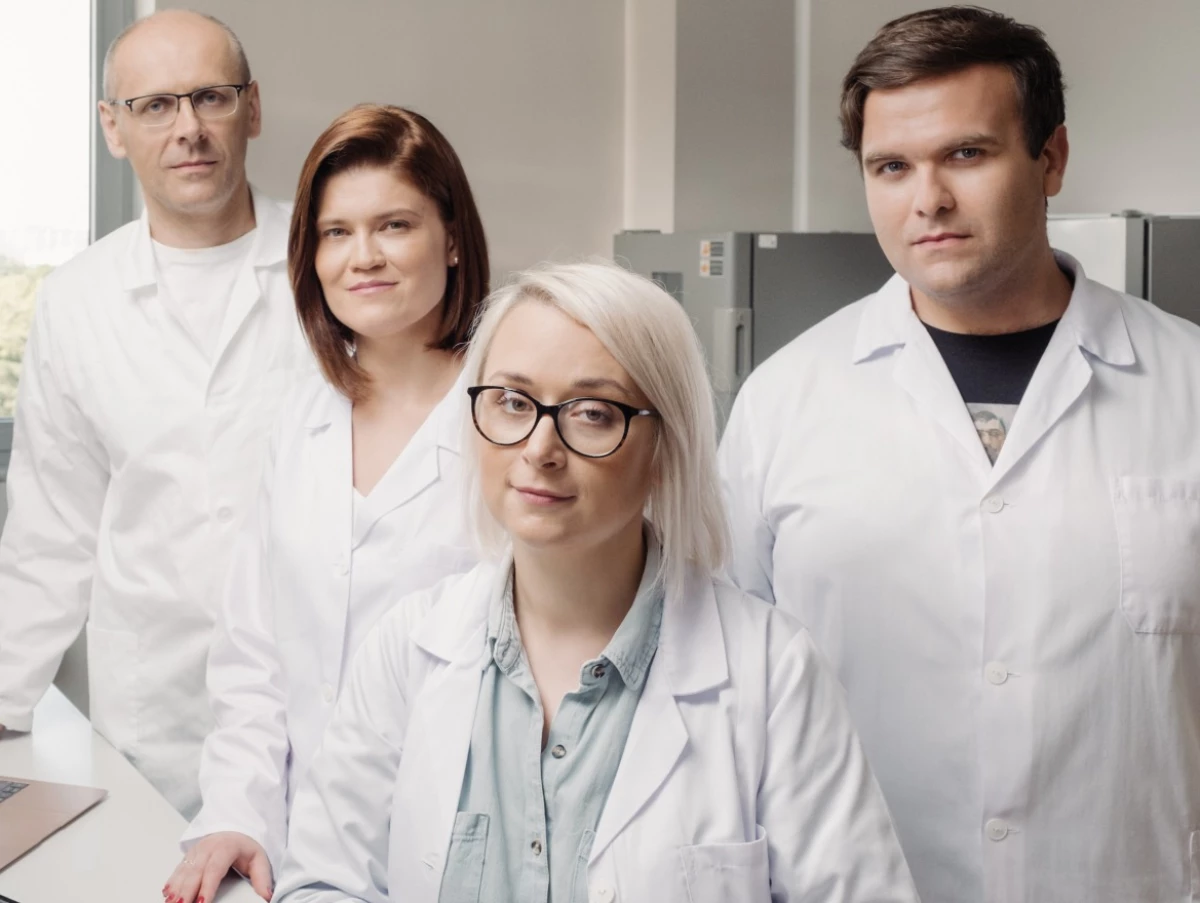Terralyzer Terrabio was created in Poland and is the first mobile genetic analyzer on the agri-food market. Thanks to the device, it is possible to test the plant for the presence of pathogens without sending samples to the laboratory and long waiting for the result. It is currently at the stage of finalizing the functional model and requires constant access to a power source and following a specific scheme when conducting the test.
In our test, we focused on four basic issues:
- using the device - conducting the test is very simple, 2 reagents and a plant part are poured into the test tubes, and the analysis result is prepared in a detailed and legible manner; Ultimately, the device is to be more ergonomic in use and will only require adding genetic material to the test tube,
- analysis time - you have to wait up to 14 days for the results of a classic laboratory test, while with a mobile analyzer we get the ready result after 60 - 90 minutes,
- costs of performing the test - testing one sample in the laboratory costs PLN 80-300, and in Terrabio it is approximately PLN 16 (cost of reagents and materials used),
- test quality - the results obtained from the prototype device are comparable to laboratory tests, ultimately the device will work with an accuracy identical to that in professional laboratories.
When plants start to get sick, the farmer's quick response is crucial. However, the detection of pathogens causing the disease in the invisible phase of development requires a specialized examination. Thanks to TERRABIO, we can react quickly and anticipate the development of the disease. It is the only device available on the market that allows you to detect harmful pathogens at home. It can be used to examine any genetic material (plants, soil, water, food) and use, among others, in the agricultural and food industry. Terrabio will work well with food producers and distributors, farmers, veterinarians and agricultural advisors.
By using the device during cultivation, it is possible to significantly shorten the reaction time in the event of detecting a disease. This results in a reduction in plant protection products, which in turn has a positive impact on the environment and the quality of food produced .

